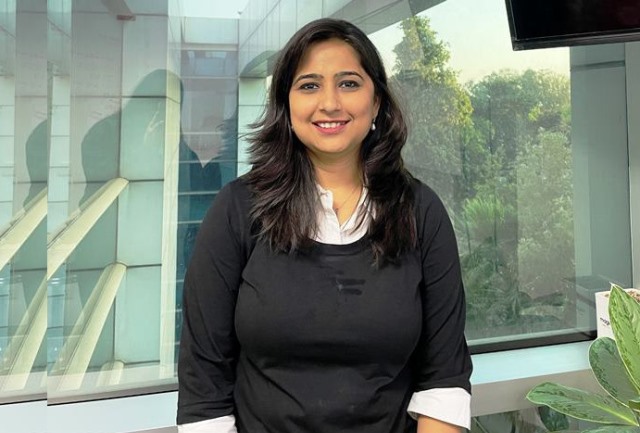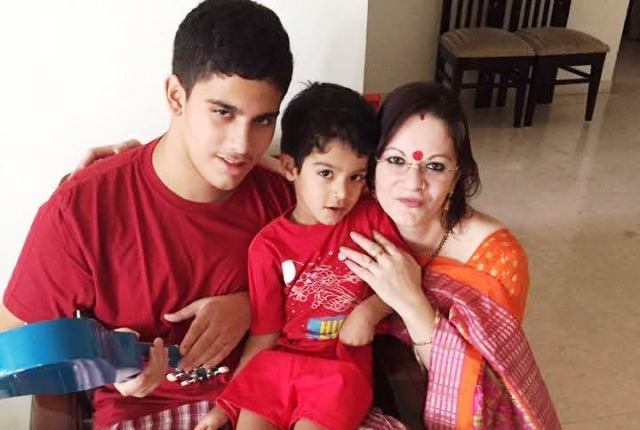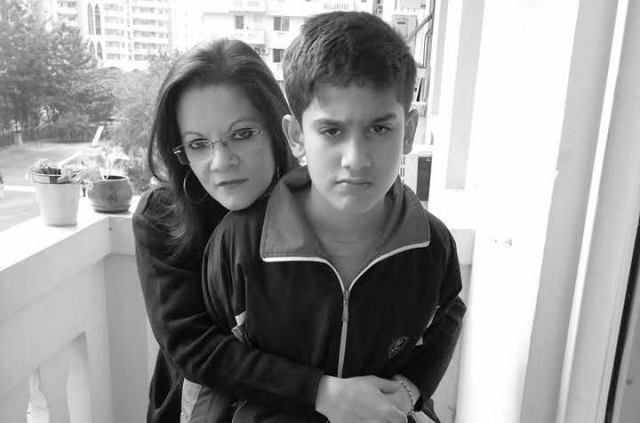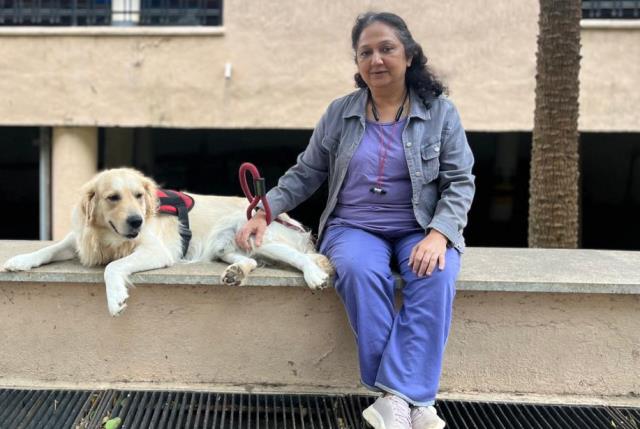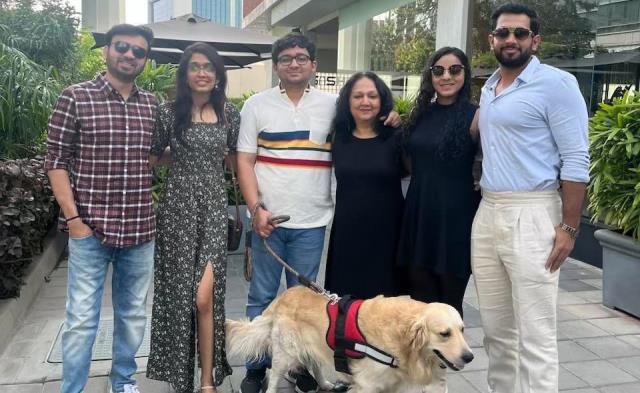Vini Soni, a mother of two young children, reflects on parenting and the impact of social media on family life. Her views
As a mother of two — a seven-year-old brimming with curiosity and a three-year-old who copies his every move — I often wonder how childhood is changing in the age of reels. What used to be about scraped knees, bedtime stories, and silly giggles now seems increasingly about angles, retakes, and trending sounds! Childhood is being staged for strangers.
Just look at the popular reels flooding our feeds. A toddler recently went viral for staring wide-eyed at Tamannaah Bhatia’s dance to Aaj ki raat, clocking more than 1.2 million views. A young girl in Assam charmed the internet by cycling while singing Kishore Kumar’s My name is Anthony Gonsalves. Another reel showed a Russian girl in Bengaluru singing a Kannada poem with her Indian friend — a sweet cultural snapshot that spread quickly. These examples feel harmless, even heart-warming.
But then there are the worrying ones: children in Uttar Pradesh filmed a 15-foot python being carried for three kilometers — an act that grabbed eyeballs but raised obvious questions about safety. A father-daughter duo recreating a Bollywood scene may look cute, but behind-the-scenes, how many retakes, prompts, and pressures are children put through just to nail a reel?
ALSO READ: Reel Culture Has Spread Like A Deadly Virus
A reel lasts 15 seconds; its impact on a child’s sense of self can last far longer. And the influence doesn’t stop at the screen. Recently, my elder son came home asking, “What is a trending reel? Why don’t I do one like my friends?” He doesn’t even have a social media account, yet the culture around him already tells him what’s “cool.” That was a wake-up call for me: Are we raising children to play, explore, and imagine — or to perform for an invisible audience?
The risks are twofold: Physical, when kids are coaxed into unsafe stunts or challenges and; Emotional, when they start measuring fun or self-worth through likes, shares, and comments.
So, what can we do differently? First, pause before hitting record. Ask: Is this safe, respectful, and in my child’s best interest? Second, seek consent — even from young children. If my son says “no” to sharing, I respect it. Third, remember: reels fade in days, but the lessons we model — about dignity, privacy, and confidence — last a lifetime.
I’m not against capturing memories. I treasure my children’s goofy dances and sibling hugs. But not every moment needs to be broadcast. Some moments are more special when they remain ours alone.
Three questions that parents should ask before posting a reel: 1) Is it safe or am I exposing my child to physical risks or unsafe stunts just for views? 2) Is it respectful and would my child feel proud — or embarrassed — to see this video when they are older? 3) Is it necessary as in do I really need to share this with the world, or is this a moment best kept within our family?
As parents, the real question is: are we nurturing confident children or performers chasing likes? Perhaps the best “trend” we can start is letting kids enjoy an unfiltered, reel-free childhood.
As told to Mamta Sharma
